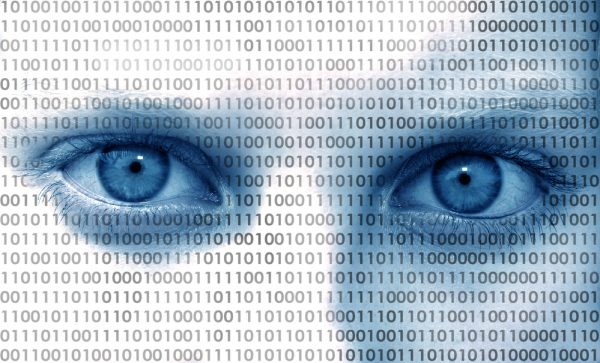Data privacy and identity in the age of COVID-19

With governments around the world rolling out contact tracing in order to fight the COVID-19 pandemic, access management company Okta has commissioned a survey of 12,000 people across six counties to discover how consumers feel about data privacy and identity.
It finds that 84 percent of Americans are worried that data collection for COVID-19 containment will sacrifice too much of their privacy. A majority say they are uncomfortable with personally identifiable information (67 percent), bluetooth data (57 percent), medical data (53 percent), and location data (52 percent) being collected for COVID-19 purposes.
When asked the reasons for this, 86 percent say they think their data will be used for more than COVID-19. 65 percent worry that law enforcement will access their data. 71 percent worry it will impact their finances (such as insurance premiums and medical bills), while 81 percent worry their data will be used to serve advertisements to them.
42 percent of Americans say they would feel less comfortable with the idea of data collection for COVID-19 if law enforcement was involved. Also 70 percent of Americans are uncomfortable with the government tracking their data and 23 percent think the government collects data about their offline conversations, more than another other country by far. 45 percent of Americans say government involvement makes them less comfortable with the idea of data tracking for COVID-19 containment, while only 27 percent of UK respondents say the same.
On the broader issue of companies collecting data the study reveals widespread ignorance of how information is tracked. 78 percent of Americans don’t think consumer hardware providers like Apple, Fitbit, or Amazon are tracking their biometric data. While 75 percent don't believe streaming services are collecting information about their online media consumption. 53 percent don't think social media companies are tracking who they follow/engage with.
Yet despite this lack of understanding 73 percent and 74 percent of Americans say they are uncomfortable with companies selling their search and purchase histories respectively.
"Many of our interactions today happen digitally, but our understanding of identity and privacy is lagging," says Frederic Kerrest, executive vice chairman, chief operating officer and co-founder of Okta, writing on the company's blog. "We leave digital footprints every time we use the Internet, yet few people understand the scope of their online identity and the extent to which government agencies and companies collect their data."
The full report is available on the Okta site.
Image credit: Photojog/depositphotos.com